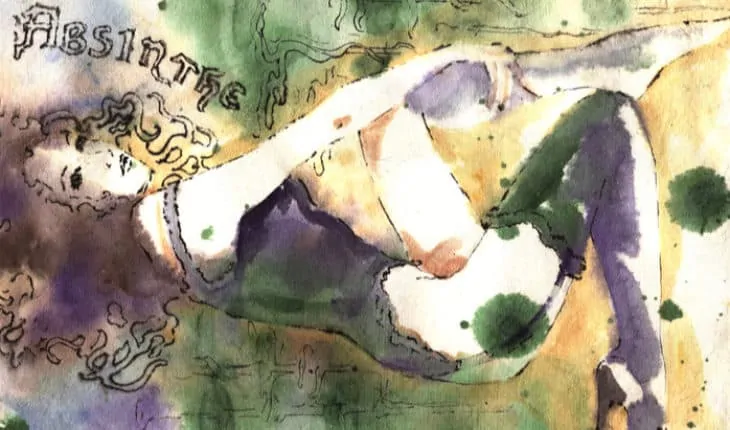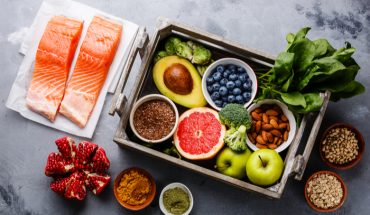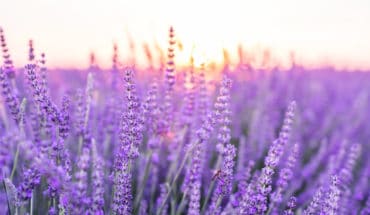A James Cook University researcher has revealed the truth behind the myth of the fabled green drink absinthe and explored the danger of the rising popularity of ‘absinthe trails’.
Travel medicine specialist Dr Irmgard Bauer from JCU’s College of Healthcare Sciences said absinthe – consisting of wormwood, sweet fennel, aniseed, various herbs and high amounts of alcohol – has a long and chequered past.
“By the beginning of the 20th Century it was particularly favoured in France, especially among the well-heeled and artistic set. It came to represent the bohemian life in Europe’s Golden Age before WW1 – with all its flamboyant, decadent, mysterious, dangerous and forbidden aspects,” she said.
Dr Bauer said the drink was said to have hallucinogenic qualities and to enhance creative powers, but the medical profession began to raise concerns.
“Lives were cut short, often before reaching fame, by self-harm, violence, misadventures, and degenerating minds and bodies. The drink was blamed for ‘soft brains’, epilepsy and moral degeneration. By 1923 it was banned in France, Germany and the USA,” she said.
Dr Bauer said it was assumed the wormwood ingredient was to blame for both the desired and undesired side-effects of the drink.
“It wasn’t until the 1960s that scientists again studied thujone, which is a component of wormwood, and found it can be toxic but only in very high doses and there is little evidence it can cause hallucinations.”
With absinthe legal again almost everywhere, Dr Bauer said thujone is usually removed from the distilling process and it’s thought that the reported cases of ‘absinthe madness’ and hallucinations were simply advanced cases of alcoholism.
“But absinthe retains its mysterious, bohemian and decadent image among modern drinkers and we now have the phenomenon of ‘absinthe trails’, similar to wine trails, where devotees can move along a path of brewers and sample their wares,” she said.
Dr Bauer said if users took into consideration the high amount of alcohol content and possible reactions with other medications and conditions, responsible consumption of absinthe from reputable suppliers was no more dangerous than responsible consumption of other alcoholic drinks.
“The more potent danger lies in the uncontrolled availability of cheap copies with obscure adulteration ingredients, ‘absinthe kits’ and essential oils on questionable internet sites,” she said.
Dr Bauer said travel health specialists should not be unduly concerned about healthy travellers on reputable overseas absinthe tours returning to Australia suffering from soft brains, epileptic fits or even moral deprivation.
The paper is published in the journal Science Direct available here.
- The da Vinci 5 Robot Is Set To Transform Bariatric Care: - 31st March 2025
- Beyond money: the hidden drivers fuelling child food insecurity - 31st March 2025
- Tobacco and Vapes Bill - 31st March 2025






